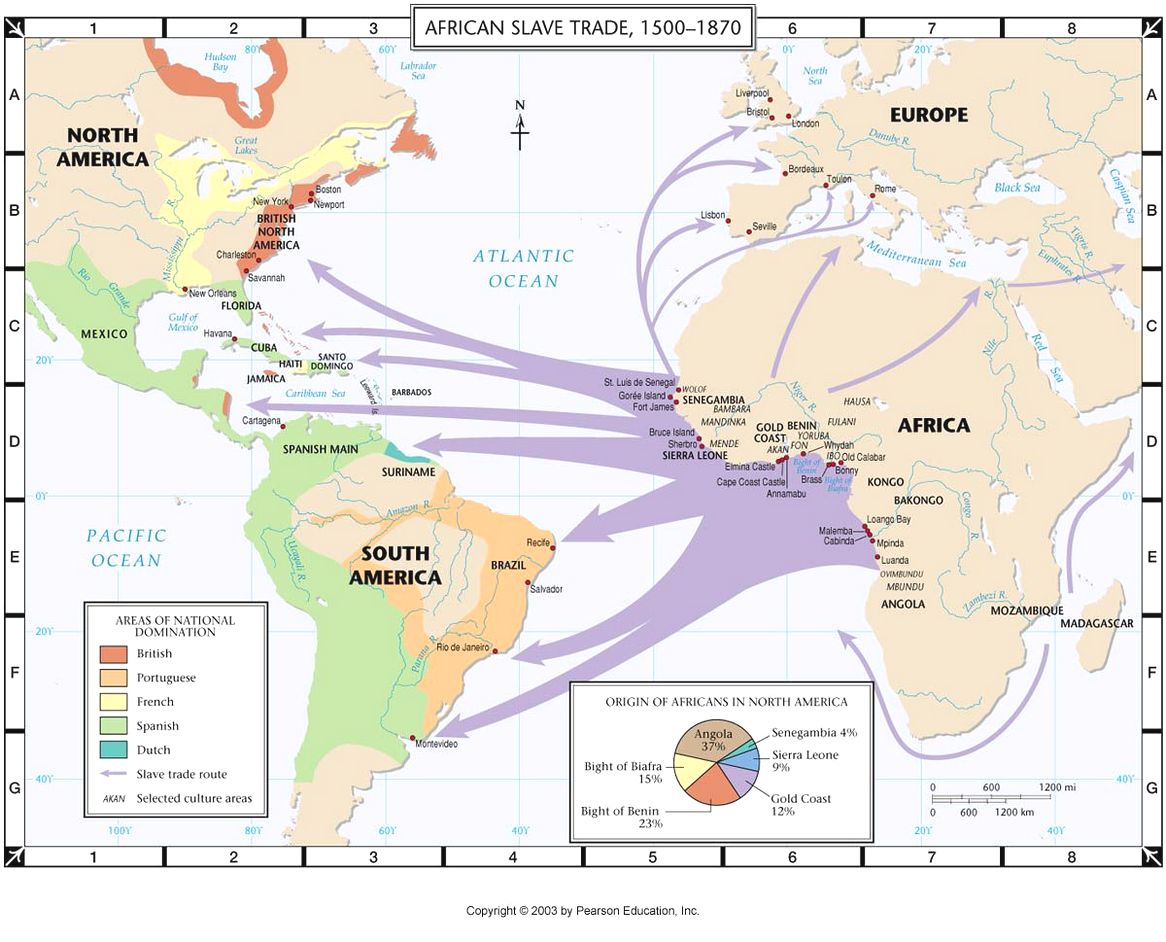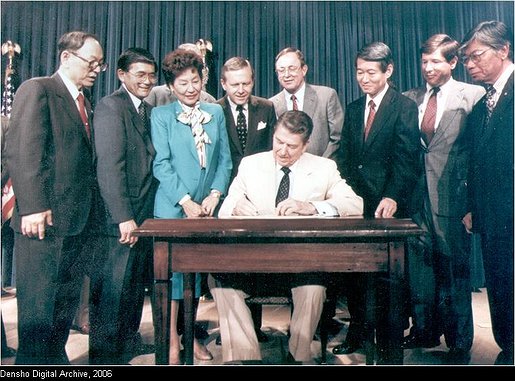 “The road to reparations is a process that takes endurance and broad support,” says Kamm Howard and Adoja Barbara Baker, co-chairs of the Chicago chapter of the National Coalition of Blacks for Reparations in America (N’COBRA).
“The road to reparations is a process that takes endurance and broad support,” says Kamm Howard and Adoja Barbara Baker, co-chairs of the Chicago chapter of the National Coalition of Blacks for Reparations in America (N’COBRA).N’COBRA is one of many organizations and individuals that have been advancing the reparations agenda since the 1980s. “Nobody understands this process better than the restorative justice community,” says human rights activist JR Fleming, who was in part responsible for bringing the United Nations delegation to Chicago State University in January of this year, to take firsthand testimony from victims of police brutality and institutional and systemic racism.
The Road to Reparations
We asked the questions: What are reparations? What would reparations look like? And why should it matter?
According to N’COBRA, “Reparations is a process of repairing, healing and restoring a people injured because of their group identity and in violation of their fundamental human rights by governments or corporations.
“Reparations can be in as many forms as necessary to equitably address the many forms of injury caused by chattel slavery and its continuing vestiges. The material forms of reparations include cash payments, land, economic development, and repatriation resources particularly to those who are descendants of enslaved Africans,” according to the group.

Congressman John Conyers Jr., from Detroit, Michigan, has been the most adamant, sponsoring resolutions every year for the past 10 years in the House of Representatives. In January 2015, he introduced the latest, HR40, asking for a study of the issues of reparations via a “‘commission.” So far, HR 40 is still in committee and no action has been taken. Black congressmen have been requesting such studies since 1989, all to no avail.

However, the reason it should matter, says Illinois State Rep. La Shawn Ford (8th District), is that “Many years ago, it was promised to slaves and the descendants of slaves that they would be repaid not only for the forced labor that helped build this country to its current greatness but for the terror that was slavery.”
On February 10, Ford introduced House Resolution 1011 along with co-sponsors Rep. Monique D. Davis (27thDistrict), Mary Flowers (31st District), Marcus Evans Jr. (33rd District), Litesa E. Wallace (67th District), and Camille Y. Lilly (78th District).
The resolution specifically requests President Barack Obama to commission a study to detail the economic impact of the slave trade and the use of slave labor; and how emancipation, while freeing slaves of their literal bonds and ending an immoral practice, did not guarantee equality in education, employment, housing and access to quality, affordable health care; that this study also include an analysis for how reparations for past harms have benefited the ethnic groups that have received them during the course of American history.

In what is being hailed as a historic vote with bipartisan support, HR 1011 was adopted by the Illinois General Assembly on June 30. HR 1011 passed unanimously and is the first modern-day state legislation that seeks to address the age-old question of reparations for the descendants of African slaves.
Under international law, reparations is a centuries-old, well-established concept, according to legal scholars. Referring to the wrongdoing party “to redress the damage caused to the injured party, reparations must, as far as possible, wipe out all the consequences of the illegal act and re-establish the situation which would, in all probability, have existed if the act had not been committed,” the human rights organization Redress asserts.
A 1980 commission opened the door to Japanese Americans receiving reparations for their forced internment in America during WWII. The Commission’s report, called “Personal Justice Denied,” concluded “the incarceration of Japanese citizens had been the product of racism” and recommended that the U.S. government pay $20,000 to each remaining camp survivor and heirs of those who passed away.
This all started with one man who dared to make a difference — Japanese activist Edison Uno, who introduced the idea of reparations in 1970 right here in Chicago.
So once again, Chicago is at the forefront of the revival of an issue whose time has come. This time with bipartisan support and an actual resolution calling on the federal government to intercede in the matter.

“This is the message the Obama administration needs to hear now and address before he leaves office,” says Kamm Howard. Commissioning a study is the first step toward actually realizing reparations if we’re ever going to see this happen, he says.
“For those who believe in their hearts that they deserve reparations as descendants of African slaves. And for those who are weary of the senseless killings of our Black and brown men, women, and children. Then #hr40, #hr1011 and #reparationsmatter and show your support. The time is now to put the pressure on before it’s too late,” he insisted.




